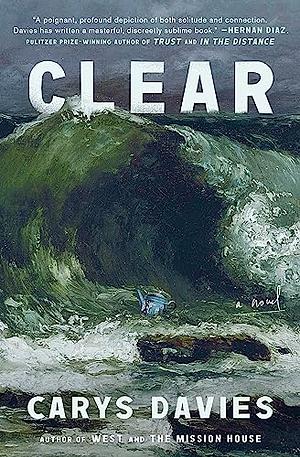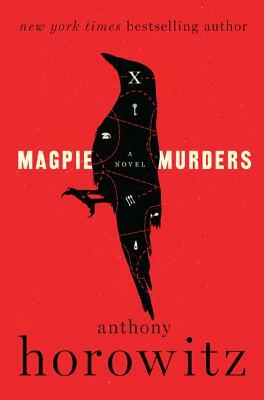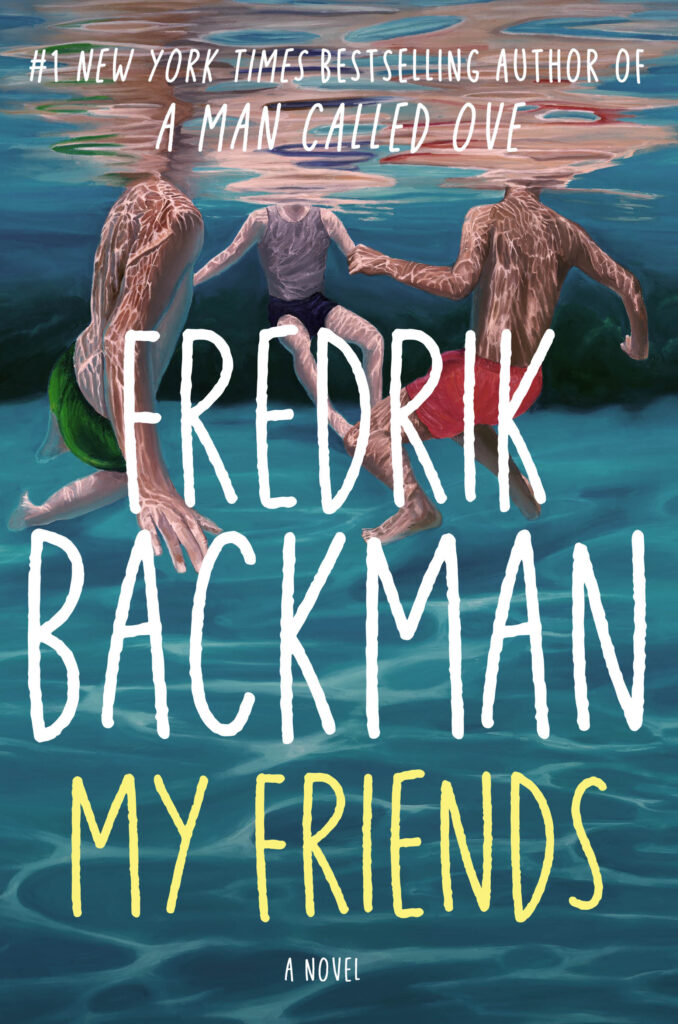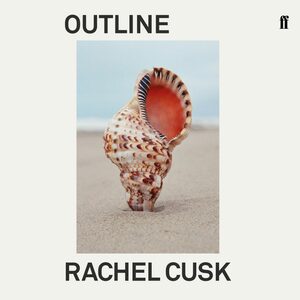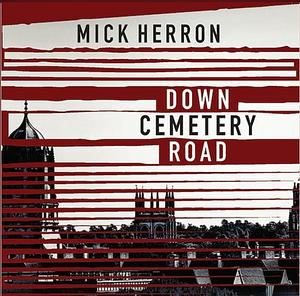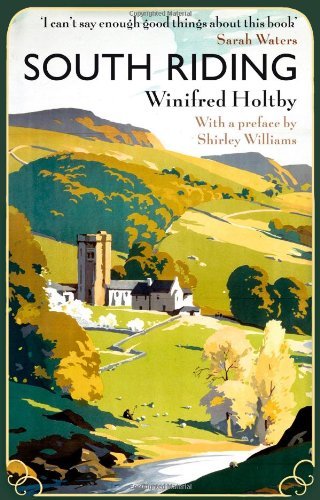I found this one at the library, but then when I was sorting my ‘tbr’ I found a copy! At least I didn’t buy another copy.
Here’s the blurb …
A stunning, exquisite novel from an award-winning writer about a minister dispatched to a remote island off of Scotland to “clear” the last remaining inhabitant, who has no intention of leaving—an unforgettable tale of resilience, change, and hope.
John, an impoverished Scottish minister, has accepted a job evicting the lone remaining occupant of an island north of Scotland—Ivar, who has been living alone for decades, with only the animals and the sea for company. Though his wife, Mary, has serious misgivings about the errand, he decides to go anyway, setting in motion a chain of events that neither he nor Mary could have predicted.
Shortly after John reaches the island, he falls down a cliff and is found, unconscious and badly injured, by Ivar who takes him home and tends to his wounds. The two men do not speak a common language, but as John builds a dictionary of Ivar’s world, they learn to communicate and, as Ivar sees himself for the first time in decades reflected through the eyes of another person, they build a fragile, unusual connection.
Unfolding in the 1840s in the final stages of the infamous Scottish Clearances—which saw whole communities of the rural poor driven off the land in a relentless program of forced evictions—this singular, beautiful, deeply surprising novel explores the differences and connections between us, the way history shapes our deepest convictions, and how the human spirit can survive despite all odds. Moving and unpredictable, sensitive and spellbinding, Clear is a profound and pleasurable read.
This is a beautiful novel, the descriptions of the people (Ivar, John and Mary), the island, and their activities on the island are breath taking. It is a gentle story about human connection and isolation (and greed, but that’s just the catalyst to get the story going).
A review

